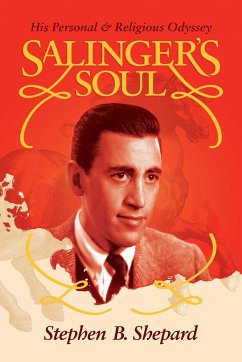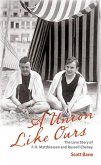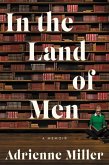A close-up look at how J.D. Salinger’s private life influenced his famous stories. J.D. Salinger remains one of America’s best known but least understood writers. His 1951 book, The Catcher in the Rye, lives on as one of the most iconic American novels of all time. Yet after his commercial and literary success, Salinger soon retreated to a rural town in New Hampshire and lived in seclusion for the rest of his life. He wrote nearly every day but didn’t publish any of his work after 1965. He became famous for not wanting to be famous. His story, however, is not over. His son, Matt, has been sorting through the unpublished writing Salinger left behind after his death in 2010. Most of these stories will be released soon, and are heavily influenced by his years in seclusion. Salinger’s Soul tells of his traumatic experience in World War II, as well as his transition from the Judaism of his youth to his embrace of a mystical form of Hinduism known as Vedanta. It was Vedanta that influenced his post Catcher fiction, from Nine Stories to Franny and Zooey. Yet Salinger veered from Vedanta in one crucial way: he didn’t heed its dictum to lead a life of celibacy. Instead, Salinger was obsessed with young women, those “in the last minutes of their girlhood.” In all, his wartime experience, his religious beliefs, and his romantic relationships defined his life in seclusion and influenced his writing. Salinger’s Soul looks at his little-known personal voyage of discovery.
Hinweis: Dieser Artikel kann nur an eine deutsche Lieferadresse ausgeliefert werden.
Hinweis: Dieser Artikel kann nur an eine deutsche Lieferadresse ausgeliefert werden.








